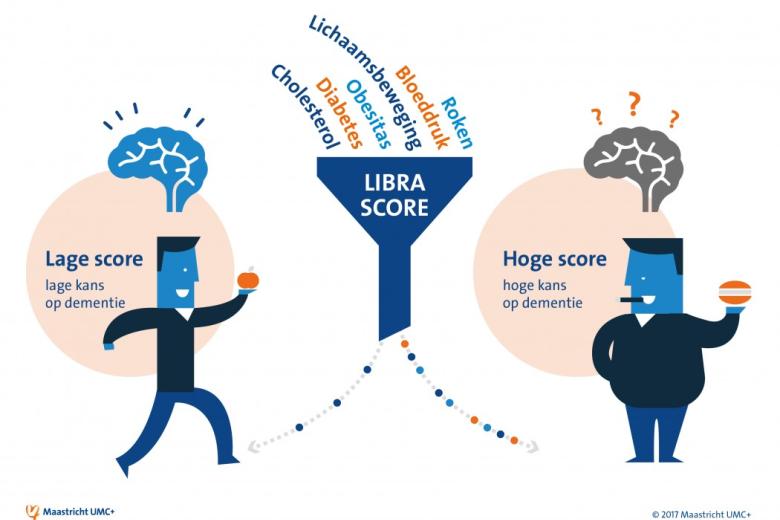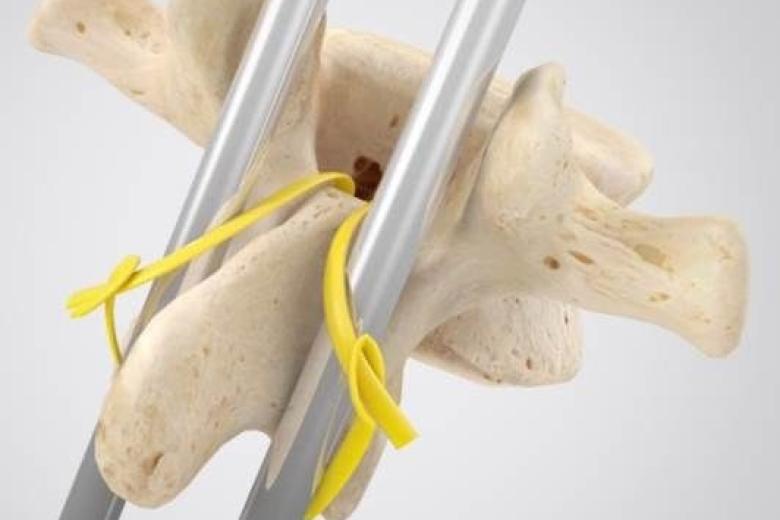Maastricht University develops innovative learning environment on Brightlands campus
Maastricht University is developing an innovative learning environment in the field of biobased materials for talented students and professionals on the Brightlands Chemelot Campus in Sittard-Geleen.
The biobased economy is an economy in which biomass (not oil) is the most important resource for materials. In the south of Holland many companies are active in material research. Some have already scaled up from laboratories to pilot plants for the production of new biobased building blocks for polymer materials. The aim is to create economic value, more commercial activity and an increase in employment opportunities.
Martin Paul, President of Maastricht University: “On the Brightlands campuses, the university links research & education to social engagement and knowledge transfer. By cooperating with other parties from the education, government and business sector, we can add value to this vital infrastructure in Limburg and the Euregion. We focus on core issues such as bio-based materials, in which research and educational programs connect seamlessly to the economically relevant topics in the region. By doing this we contribute positively to social developments that will help create new jobs.”
Recruiting top talent
In order to accelerate the bio-based transition and the economic activity we will need to fast-track the recruitment and training of international top talent. With the financial support of the Province of Limburg, Maastricht University has specially developed the master Biobased Materials, which is situated on the Brightlands Chemelot Campus. This program is 2 year, multi-disciplinary course that focusses on the development, synthesis, production and application of new bio-based and sustainable materials.
To increase the inflow of international students and professionals, the university is collaborating with Zuyd Hogeschool, CHILL, Avans Hogeschool, Brightlands Chemelot Campus, DSM and SABIC in the project Biobased Materials Plus.
Menno Knetsch, project leader and course manager of the master Biobased Materials from Maastricht University says: “The goal of this project is to improve the connection between education and work field. By connecting international students to companies and knowledge institutions within the bio-based economy in the south of Holland during and after their education we hope to bind them to our region.”
Biobased Materials Plus
Within the project Biobased Materials Plus, the involved parties will develop teaching modules and research projects for students. These will be brought under in the innovative Research Based Learning learning environment of the master course.
The innovative education concept Research Based Learning combines academic education and business to the point of creating a unique learning and work environment that contributes to the bio-based economy. This research driven beta education is new and is thé form of choice for the Master Biobased Materials. By using complex research issues from the industry and university research groups for the complete program, academic skills are connected to R&D in the bio-based business.
Besides this, a HBO honors program and a pre-master program are being developed to create continuous learning from HBO to Academic level, ensuring that local talent is optimally exploited. There are also efforts to develop modules for professionals based on the concept ‘lifelong learning’ within the segment of bio-based materials.
Taking the needs of international students into account, an International Students & Support Office will be set up. This office will take care of recruitment, facilities and the outflow into the region.
Visibility on the campus is crucial
Knetsch: “We are developing this course on the Brightlands Chemelot Campus due to the excellent facilities for education, research and support. And because of the intense collaboration with the businesses on the campus. Situating ourselves on the campus gives us an extra advantage in attracting both national and international students and professionals for our course.”
The project Biobased Materials Plus will run until 2019 and has been granted € 820,000 by OP-Zuid, the Operational Programma Zuid-Nederland, a European subsidy program for the South of the Netherlands. The total project budget is € 2,3 million.
Twan Beurskens, depute of Economics and knowledge infrastructure for the Province of Limburg: “The development of the bio-based economy is also very important to the Province of Limburg. I am very happy that European funds have been made available via OP-Zuid to make courses like this available in our province. It makes Limburg attractive for international talent to study and work.”
OP-Zuid
The Operational Program Zuid-Nederland (OP-Zuid) is a collaborative subsidy program of the provinces Zeeland, Noord-Brabant and Limburg, together with the cities Breda, Tilburg, ‘s-Hertogenbosch, Eindhoven, Helmond, Venlo, Sittard-Geleen, Heerlen en Maastricht. It is an economic enforcement program that is funded with almost € 186 million by the European Fund for Regional Development (EFRO) and € 46 million by the government. OP-Zuid’s main goal is to improve the competitive power, economic growth and grow employment opportunities in the south of the Netherlands.
Also read
-
Capillary damage can lead to depression
The Maastricht Study specialises in conducting microcirculation measurements

-
Individual risk profile could help prevent dementia
Prevention of dementia potentially stimulated by drawing up personal risk profile (MUMC+ news).

-
New plastic fixation cable for scoliosis surgery
Less invasive operation, maximum vertebral growth, and no stray metal particles (MUMC+ news).
